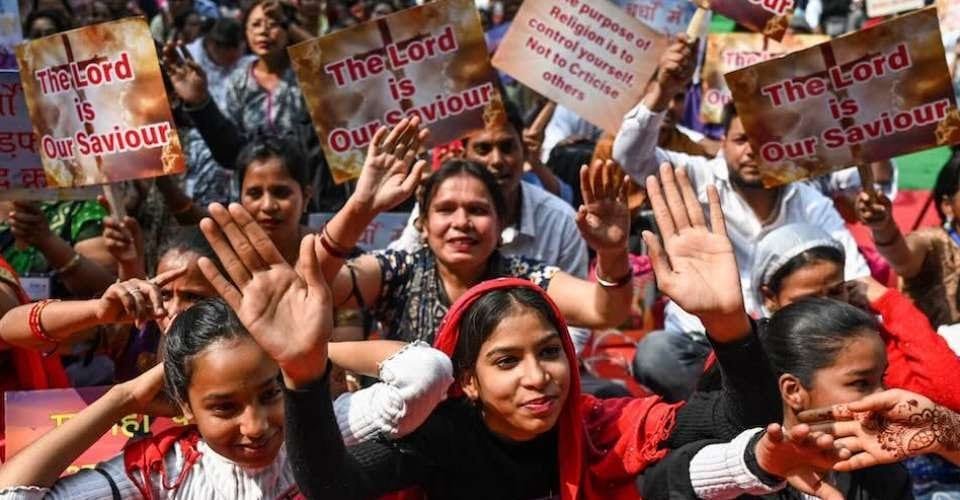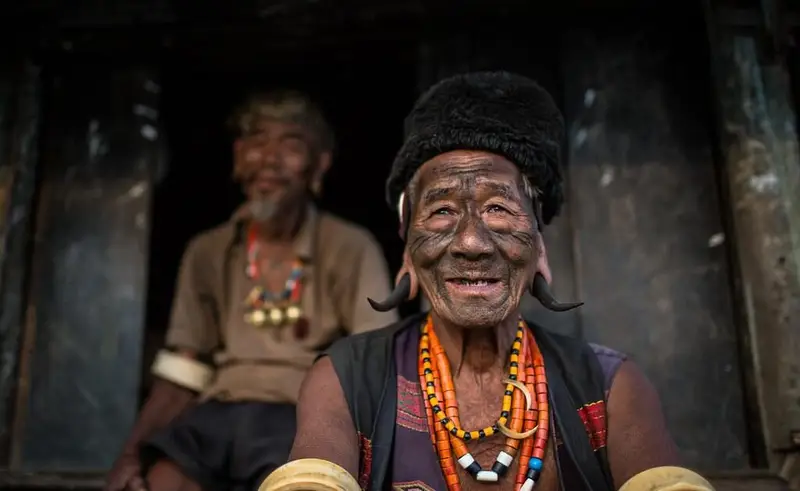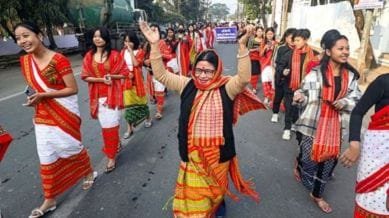The recent incident in Indore, Madhya Pradesh, where a Catholic nun and three associates were charged under the state’s anti-conversion law, brings to light the complex dynamics surrounding religious conversions, particularly within India’s tribal communities. This situation underscores the multifaceted challenges faced by tribals post-conversion and highlights the rationale behind anti-conversion legislation.
Impact of Religious Conversions on Tribal Communities
Tribal societies in India have traditionally practiced animism, worshipping ancestral spirits and nature deities. The introduction of organized religions, notably through missionary activities, has led to significant shifts in their cultural and social fabric. Conversions have often resulted in:
- Erosion of Cultural Identity: Adopting new religious practices can lead to the abandonment of traditional rituals, languages, and art forms, causing a gradual loss of indigenous heritage.
- Social Fragmentation: Differing religious affiliations within the same community can create divisions, leading to internal conflicts and weakening communal bonds.
- Economic Exploitation: Some conversions are alleged to be driven by material inducements, which can exploit the economic vulnerabilities of tribal populations.
These transformations have prompted concerns about preserving tribal identities and ensuring that conversions are genuinely consensual and not influenced by external pressures.
The Necessity of Anti-Conversion Laws
Anti-conversion laws aim to regulate religious conversions to prevent coercion, fraud, or inducement. The primary objectives include:
- Protecting Vulnerable Populations: Tribal communities, due to socio-economic disadvantages, may be susceptible to coercive conversion tactics. These laws seek to shield them from exploitation.
- Maintaining Social Harmony: Unregulated conversions can lead to communal tensions. By ensuring that conversions are voluntary and transparent, these laws strive to preserve societal peace.
- Preserving Cultural Heritage: Preventing mass conversions helps in safeguarding the unique cultural and religious practices of tribal groups.
Positive Aspects of Anti-Conversion Laws
While debates persist regarding these laws, several positive aspects are noteworthy:
- Legal Safeguards: They provide a legal framework to address grievances related to forced or deceitful conversions, ensuring justice for affected individuals.
- Deterrence Against Malpractices: The existence of such laws acts as a deterrent against organizations or individuals attempting to convert others through unethical means.
- Empowerment Through Informed Choice: By mandating declarations and official oversight, these laws encourage individuals to make informed and conscious decisions regarding their faith.
In the context of the Indore incident, it’s essential to approach such cases with a balanced perspective, ensuring that while the rights of individuals to choose their faith are upheld, communities are also protected from potential exploitation and cultural erosion.












